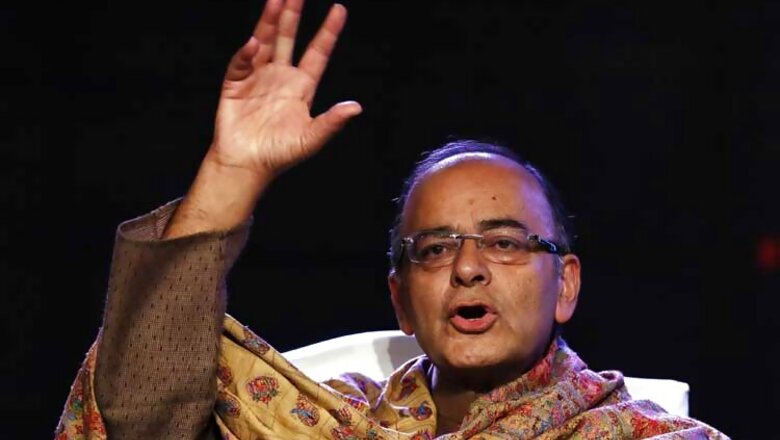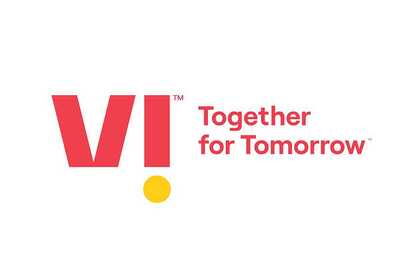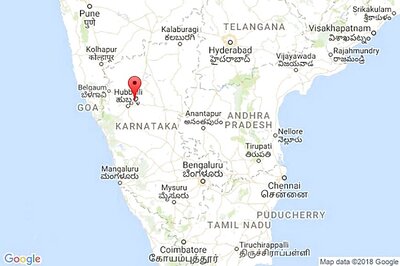
views
New Delhi: Rolling out the ambitious GST regime is "certainly" doable in 2016, Finance Minister Arun Jaitley said on Monday, adding that he is in "continuous touch" with the Congress party in a bid to persuade them to cooperate.
"I hope that in the next session (of Parliament), the GST (Goods and Services Tax) will make headway," he said.
"After all, it was a Bill brought by them (Congress). For political reasons, they have done a volte-face but they should not be doing it indefinitely," Jaitley said.
"I am in continuous touch with them and I intend continuing that. It is part of my job to continue to persuade them," he added.
GST, which seeks to simplify and harmonise the indirect tax regime across the country with a single uniform rate, has been stuck for many years in a political gridlock.
While the previous UPA regime failed to get it passed in Parliament due to opposition from the BJP and some other parties, Congress has now refused to support the bill proposed by the NDA government in its present form.
Asked about the government's target to roll out GST from April 1, 2016, Jaitley said it was not like income tax and therefore it was not necessary to bring it in force from the beginning of a new financial year.
"GST is not an income tax (measure) and it does not have to come on only on first April of every year. It is a transactional tax and so it can come even in the middle of the year," he said.
Jaitley said the passage of GST remains one of his key priority areas for the New Year, along with rationalising the direct taxes and further easing of process for doing business.
"I had hoped that we complete the process for GST this year. But it was plain and simple obstructionism of the Congress party which has prevented that.
"In fact, a national party adopting a disruptionist role and getting a sadistic pleasure in stalling a reform which could add to India's GDP is a disappointment," he said.
To a specific query on whether the GST was doable in 2016, he said, "It certainly is".
The GST is expected to broaden the tax base and result in better tax compliance with a robust IT infrastructure.
The government also hopes it will herald a seamless transfer of input tax credit from one state to another, while an in-built mechanism has been envisaged to incentivise tax compliance by traders.



















Comments
0 comment